
- Home
- DescriptionNews
UCS must cover targeted drug therapy for breast cancer, a patient group says.
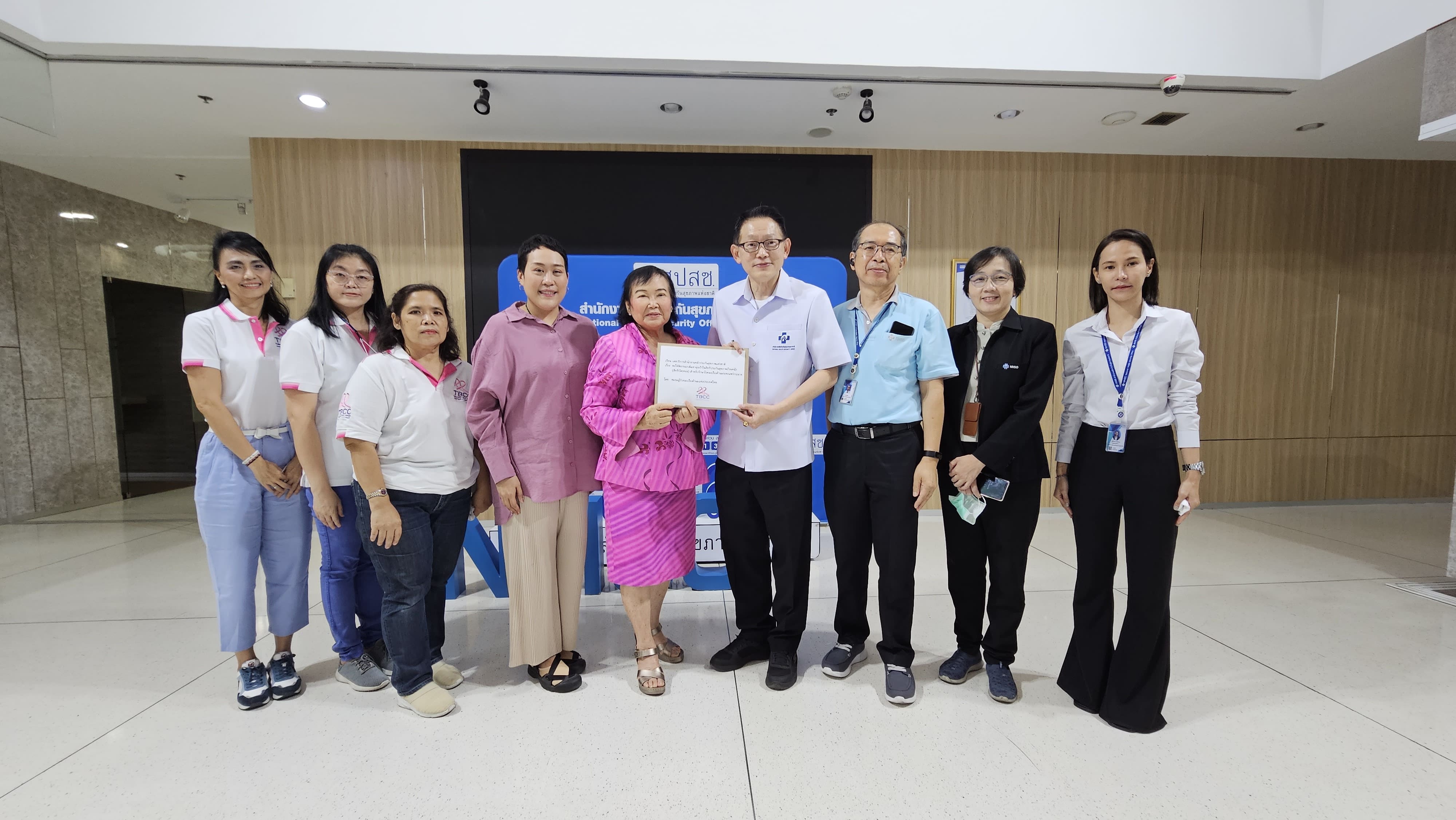
UCS must cover targeted drug therapy for breast cancer, a patient group says.
A patient group is advocating for the inclusion of targeted drug therapy for breast cancer in the Universal Coverage Scheme (UCS), referencing the clinical evidence that validates the high efficacy of this treatmentin saving patients’ lives.
On the 30th May, Thailand Breast Cancer Community (TBCC) represented by its President Orawan Owaratin met the National Health Securirty Office (NHSO) secretary-general Dr Jadej Thammatacharee at the office headquarters in the Government Complex
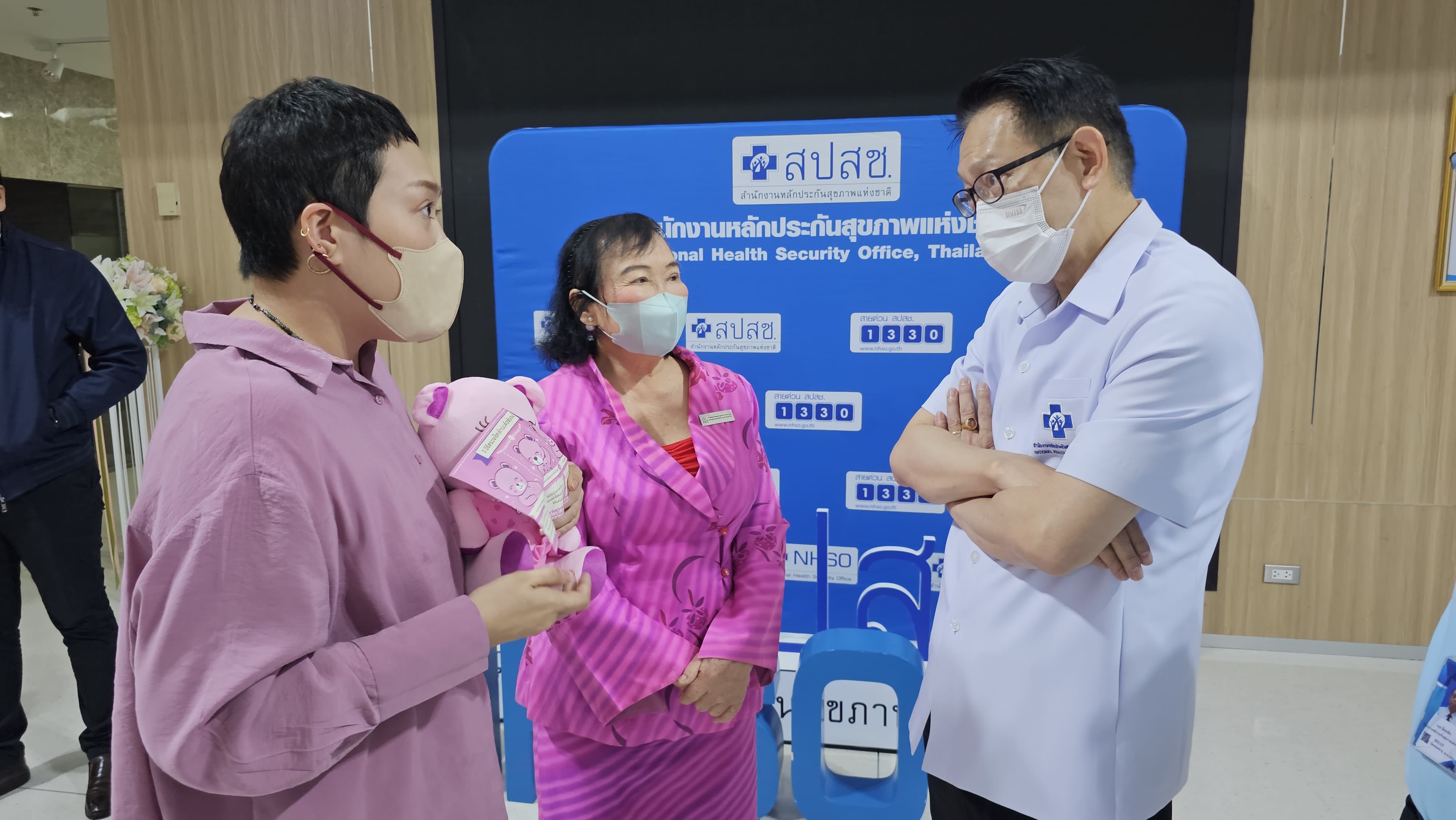
Commemorating His Majesty The King's 80th Birthday Anniversary, 5th December, B.E. 2550 (2007).
The group submitted a letter urging the NHSO to include targeted drug therapy for breast cancer in the UCS.
The therapy uses medicines directed at proteins in breast cancer cells and blocks their growth.
The drugs are given to patients with stage-four breast cancer — in which cancer cells have metastasized and spread to distant parts of the body, including the bones, lungs, and liver.
Some studies suggest that targeted drug therapy offers up to 80% of success rate while chemotherapy is successful only around 30%.
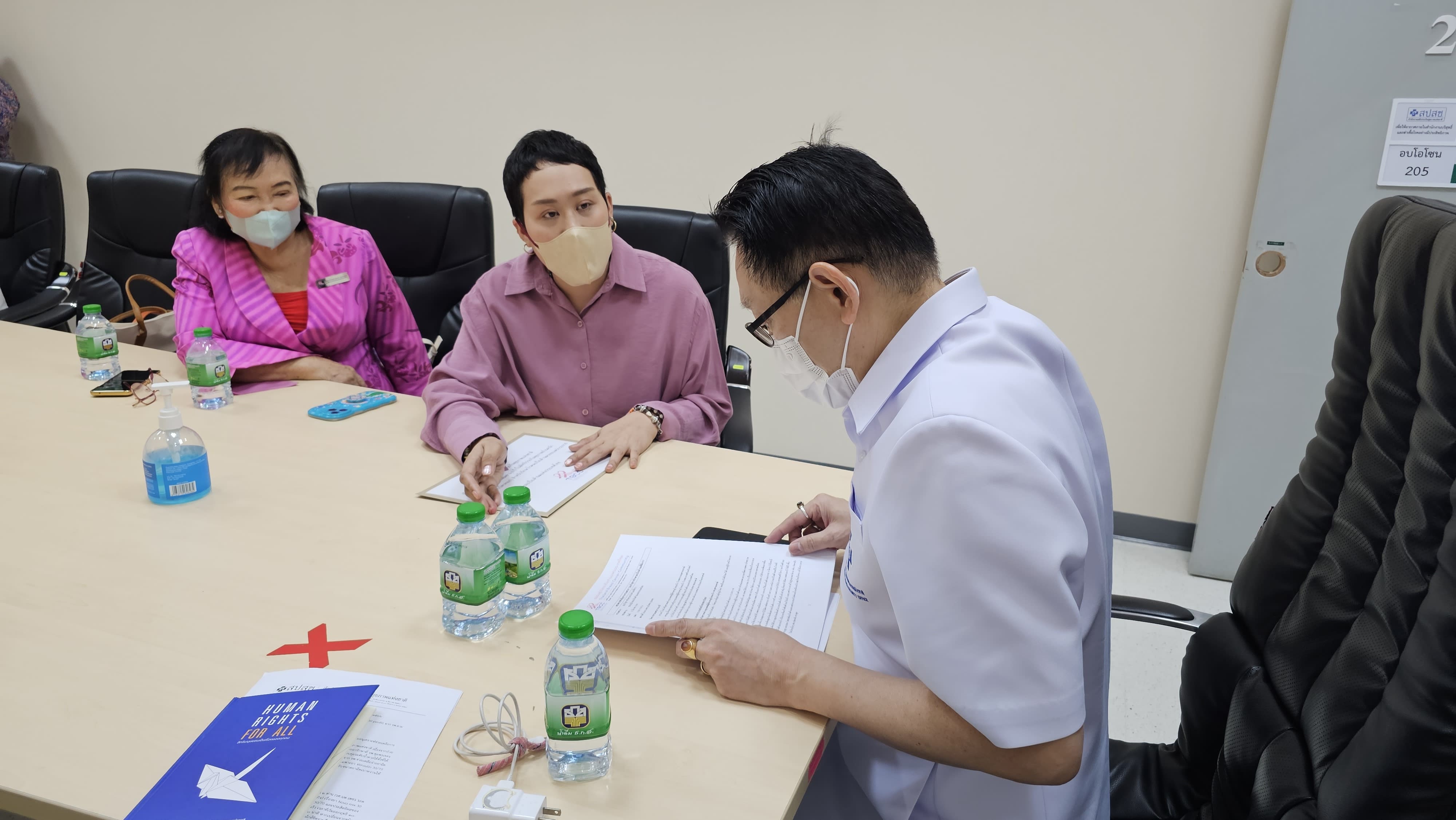
Free-of-charge therapy is available for beneficiaries of Civil Servant Medical Benefits Scheme (CSMBS) — covering healthcare for nearly five million government officials and their family members.
But the rest of the 65 million Thai population — covered by UCS or Social Securirty Scheme — can only access general cancer treatments, including surgery, chemotherapy, and hormone therapy.
“This disparity reflects the inequitable access to highly-effective treatment for breast cancer.
Bringing targeted drug therapy into the UCS benefits package will indeed help the patients live longer and improve their quality of life,” said Orawan.
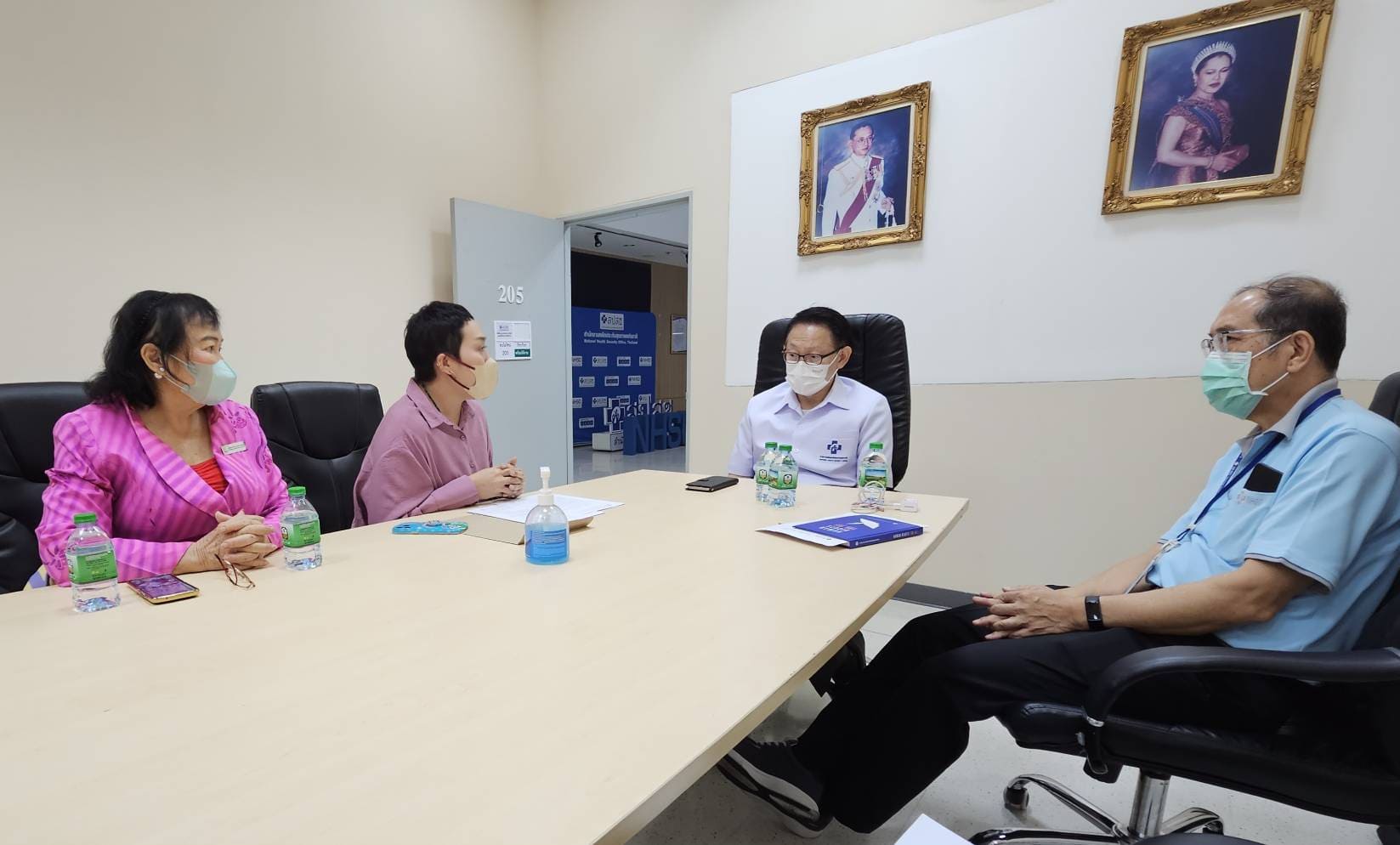
On the 31st of March, her group organized a public hearing with cancer patients, most of whom expressed their concern about lacking access to targeted drug therapy in the government’s healthcare schemes.
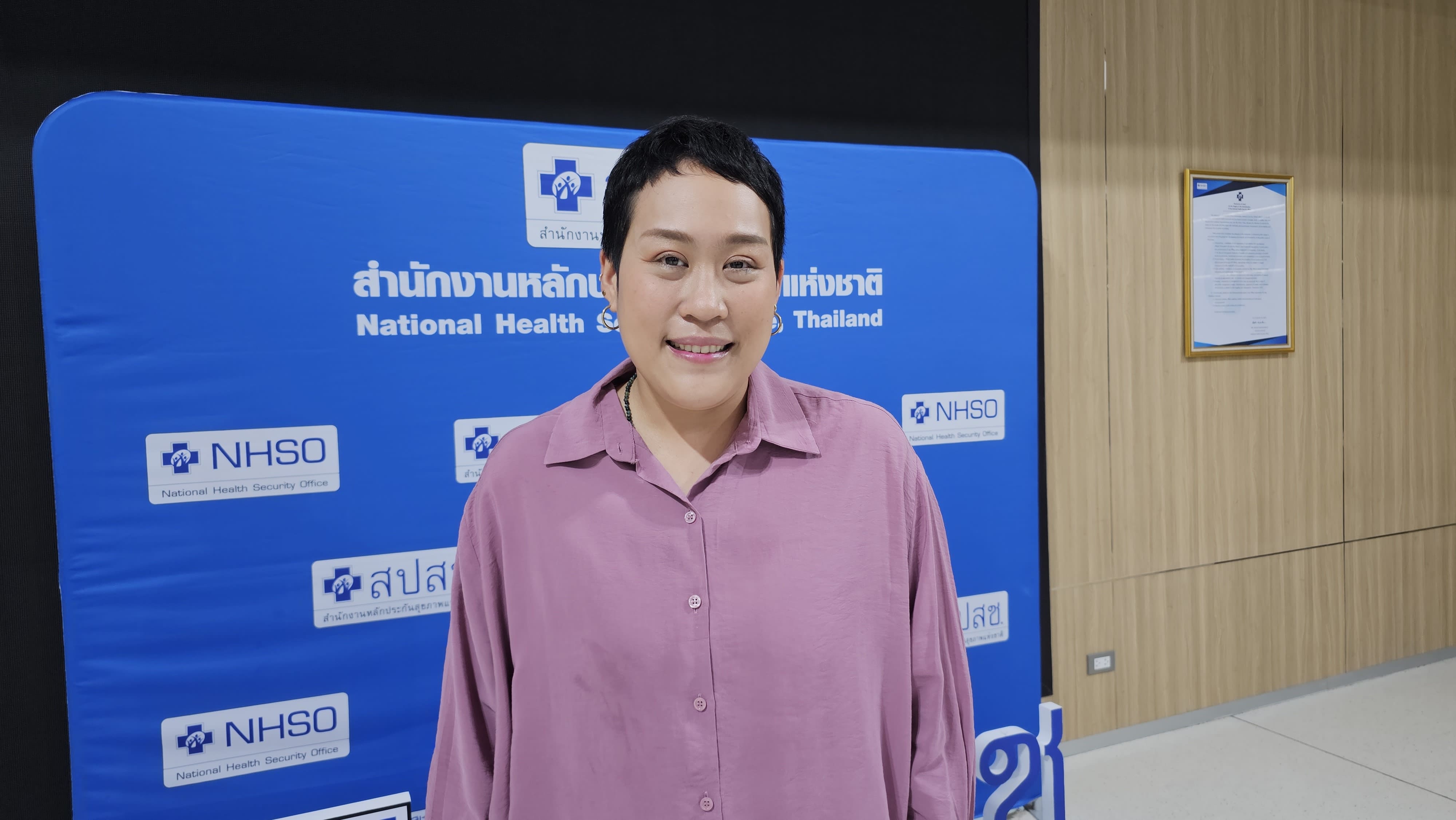
The TBBC’s Vice President Ireal Trisansri, also a patient living with breast cancer, said she had reached stage four in 2017.
She must seek targeted drug therapy from private hospitals and pay the fee out of her pocket.
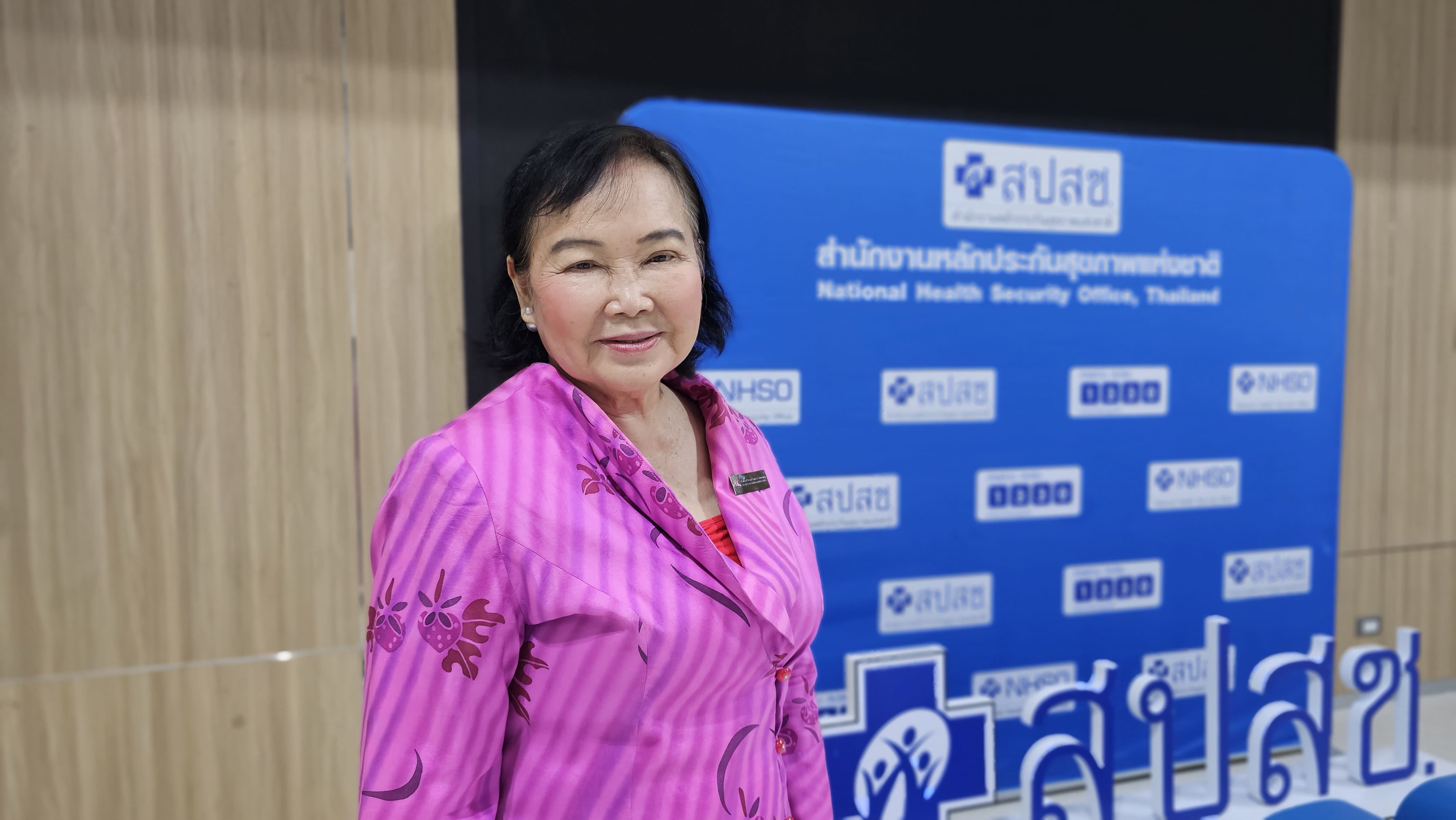
“The therapy saves my life. I can live a normal life and work to support myself,” she said. “I can get the treatment because my family can financially support me.
But many patients are unable to afford the therapy and risk mortality.”
The TBBC added that the UCS has yet covered the necessary diagnosis and treatments for stage-four breast cancer — including positron emission tomography (PET) scan, computerized tomography (CT) scan, magnetic resonance imaging (MRI), and genetic testing.
They also requested the NHSO to improve the mobile application “Cancer Everywhere” utilized for compiling health data of cancer patients and reserving doctor appointments.
The reservation process through the application is slow due to the lack of coordination among hospitals in sharing patients’ health data, said the group.
This challenge obstructs the NHSO’s vision to use mobile technology to improve patient’s access to timely treatment.
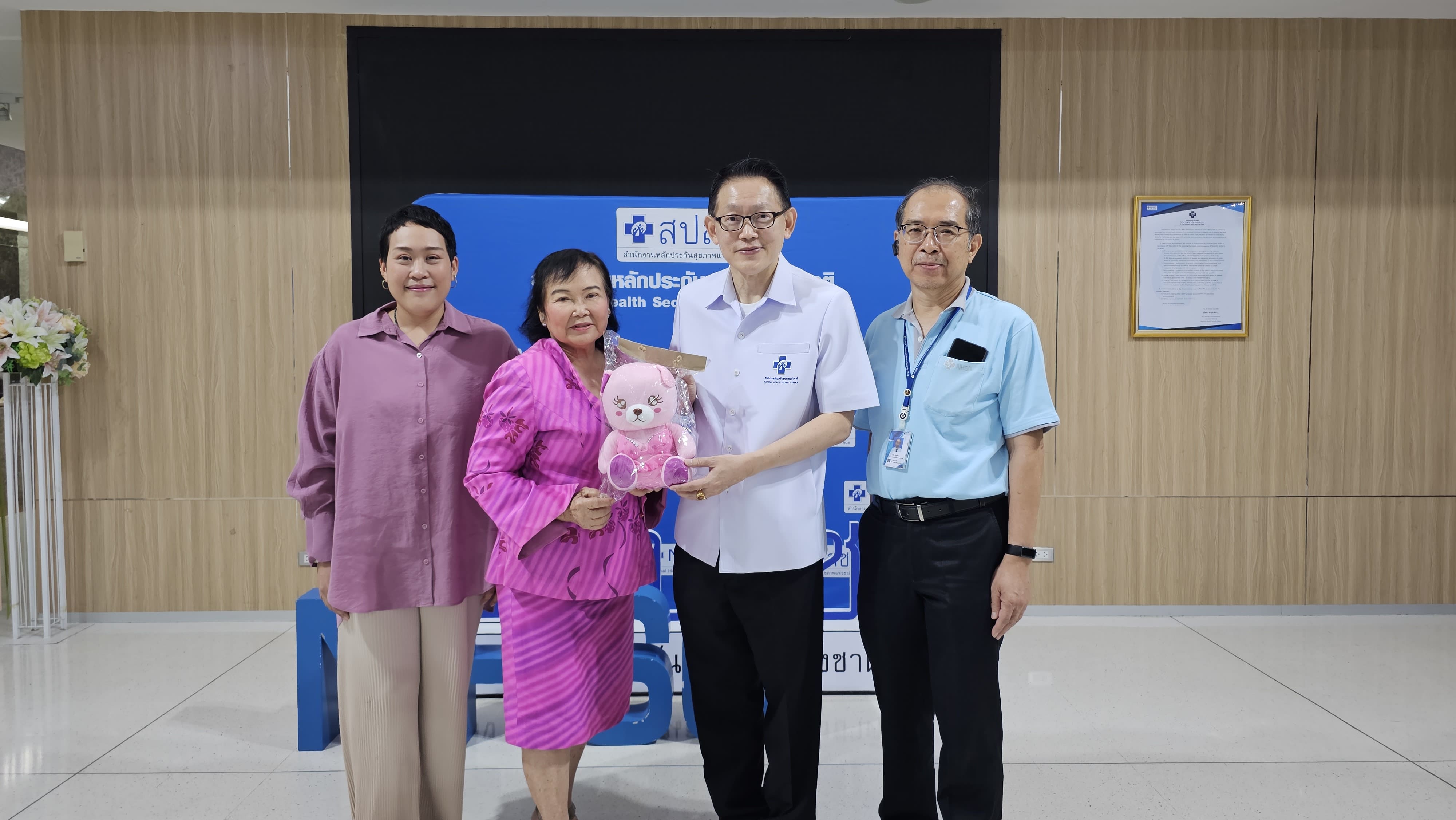
During the meeting with the patient group, Dr Jadej said that his team will raise the group’s request to the National Drug Information subcommittee under the Ministry of Public Health.
The subcommittee plays a role in prioritizing the medicines to be included in the National Drug Information — the list of drugs provided to patients free of charge.
“The NHSO has always looked for the opportunity to add more items to the UCS benefits package, with no exception for high-cost medicines.
But we must consider the scientific evidence and cost-effectiveness.”

